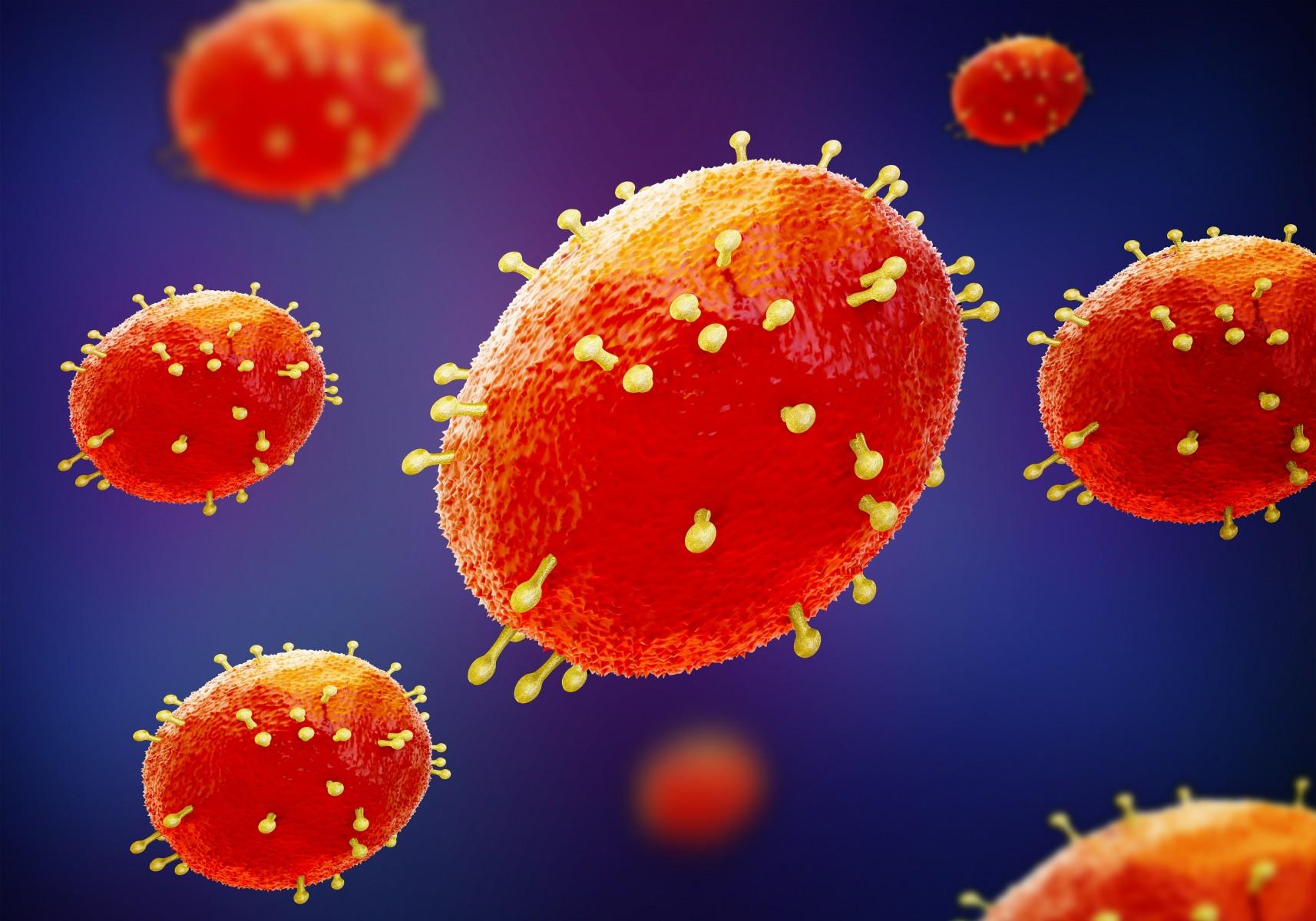U.S. Monkeypox Outbreak: The Risk is Low Leave a comment
Monkeypox virus
The U.S. Centers for Disease Control and Prevention (CDC) recently raised its alert level for monkeypox after more than two dozen cases were identified in the United States. The agency set its alert level at Level 2, which comes with a recommendation to wear a mask while traveling, along with other enhanced precautions.
Monkeypox is a rare disease caused by the monkeypox virus. When someone is infected, the illness presents with flu-like symptoms such as fever, headache, muscle aches and exhaustion, which then progresses to a painful rash and lesions. The illness typically lasts between two to four weeks.
Despite its elevated alert level, the CDC maintains the risk for contracting monkeypox is low for the general public. OSF HealthCare infectious disease physician Dr. Douglas Kasper agrees. He says the virus spreads only after what he calls “intimate exposure” with someone who is acutely ill with the virus.
“Monkeypox lesions are infective when they are presently draining, or monkeypox can be infective by respiratory droplets. Respiratory droplets travel a very short distance,” explains Dr. Kasper. “You would either have to be touching somebody, you would have to have face to face contact, or you would have to share towels or linens with them when they are acutely infective to have a significant exposure.”
Another concern – monkeypox, like other pox-related viruses, can travel between humans and animals. Dr. Kasper says the main goal currently is stopping the spread of monkeypox before it becomes a recurring problem in the population.
“While we don’t want humans to get infected, we also don’t want to establish a reservoir within animals, particularly rodents within our area. So we’re looking to stop monkeypox infection so that people remain healthy, but we also don’t want it to become endemic into our environment,” he says.
For people already suffering from pandemic fatigue, the news of another unusual virus circulating could bring on feelings of dread or depression. Dr. Kasper says while cases of monkeypox spreading in the U.S. certainly isn’t welcome news, it is a different situation than COVID-19 in many ways.
First, and most importantly, this isn’t a novel virus. Scientists are familiar with pox-based viruses including monkeypox. While there are no plans to widely distribute a vaccine, as case numbers remain very low, an effective one does exist.
Secondly, the way monkeypox spreads makes it less contagious than COVID-19, keeping the risk level low for the general population.
“These are common things that have circulated and they’re all exposure based. This falls in that same risk profile,” says Dr. Kasper. “Where SARS-CoV-2 was so different is that it spread incredibly quickly and it has modes of spread that include airborne, which means people who were not in direct contact or close contact could become infected. Underscoring monkeypox is really that intimate level of contact that’s necessary for a very high risk exposure.”
Anyone who believes they have been exposed to monkeypox should contact their primary care provider. Testing for monkeypox is not widely available and is being done through regional public health and government sites.
To learn more about monkeypox, including current case numbers in the United States, visit cdc.gov.




